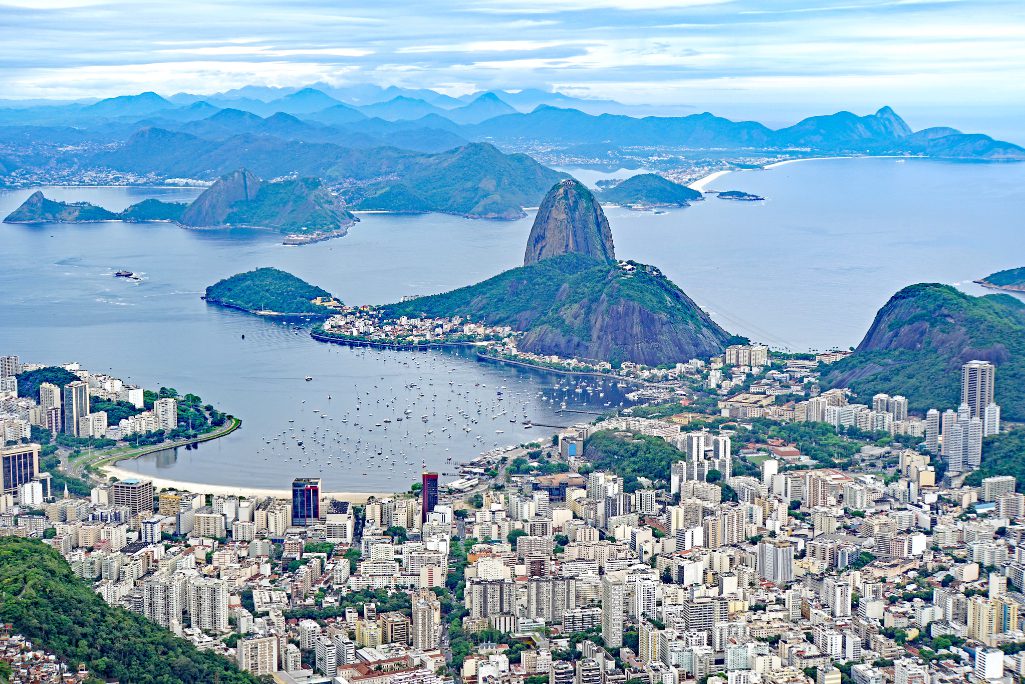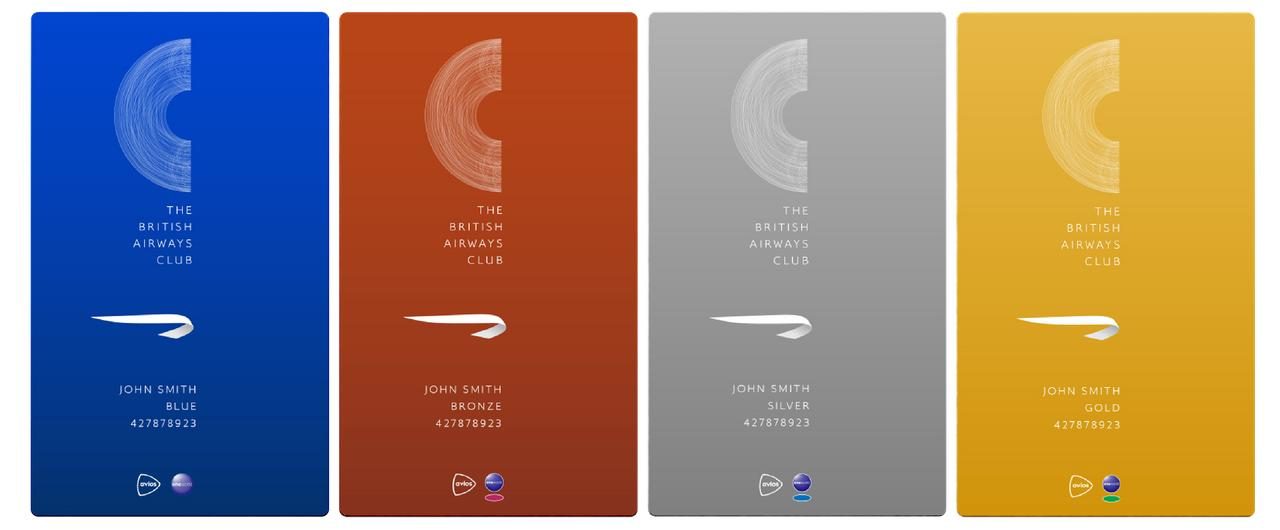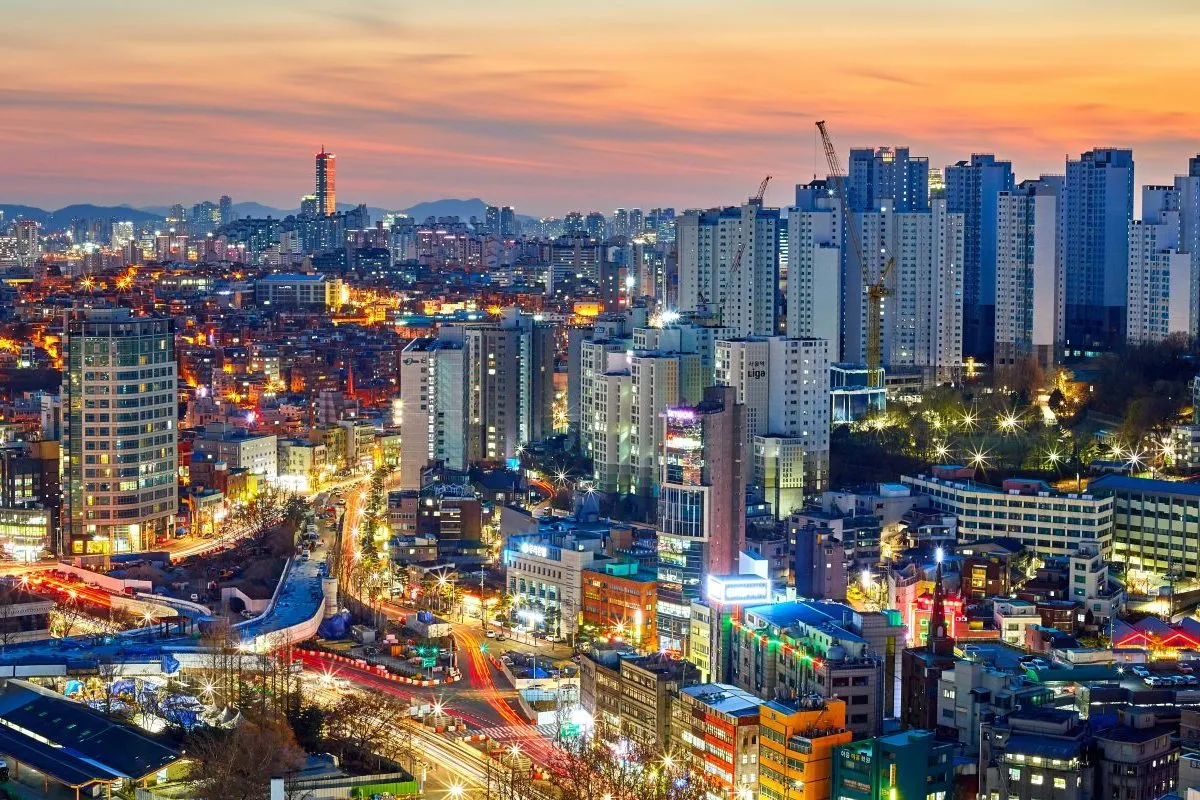Brazil's Miles-Based Flight Seller MaxMilhas Buys a Hotel Discounter

Skift Take
When executives look for innovation, they conventionally turn to startups hyped by venture capital. But the pandemic has put many startups on the back foot. That's given an edge to less well-known travel companies that have self-funded their progress. Many of them have been more agile and innovative during the crisis.
A case in point is MaxMilhas, an online travel company in Brazil. This week it bought another innovator in travel, Lance Hotéis. Both companies were bootstrapped. They didn't disclose the deal terms.
First, some backstory: MaxMilhas, based in Belo Horizonte, isn't well known outside of Brazil. But it's significant within the wealthiest country in Latin America. While it has only sold more than 7 million airline tickets since its founding in 2013, it has punched above its weight among the online players and proven out a model that's mostly unknown elsewhere.
Unlike most online travel companies, it has offered a marketplace for trading tickets bought with frequent flier miles. MaxMilhas roughly means "maximizing miles" in Portuguese, and the company provides a blend of the metasearch and agency models.
Before the pandemic, MaxMilhas was selling about 60 percent of the volume of airline tickets in Brazil as Decolar/Despegar, Latin America's largest public company in online travel, sold in Brazil before the crisis, the startup said.
"We launched our company in 2013 with about 28,000 reis, or about $5,000," said Max Oliveira, co-founder and CEO of MaxMilhas. "We've grown out of our sales since then — except for mentoring we received from the startup accelerator 21212 and for some employment credit the federal government gave to qualifying startups a while ago."
The pandemic forced MaxMilhas to lay off 167 workers, but it kept 280. If one counts outsourced contract freelancers, the online-only flight booking service now has almost 400 workers.
Most of its sales have been for domestic leisure and family travel. So it has been less hurt by the pandemic-related restrictions on international travel than some other online players that have made a majority of their revenue from international and business travel tickets.
Flight ticketing isn't as lucrative as it once was, however. So MaxMilhas sought to expand into hotel booking by buying Lance Hotéis.
The Lance Hotéis brand will disappear, and MaxMilhas will absorb its back-end tech. Here's what that tech does: It lets consumers choose a hotel and then request a discount off the advertised rate on a sliding scale — between, say, 1 percent to 20 percent. The online travel company then checks with the hotel in a direct connection to approve the offer.
"The MaxMilhas acquisition is a clear sign that OTAs [online travel agencies] in Latin America are investing strongly in terrestrial services, as they usually start their businesses selling good prices for air," said Fernão Loureiro, who runs Loureiro Consultores.
"Air tickets have tight margins and a limited offer of commission, in comparison with the pre-pandemic time," Loureiro said. "So the alternative for metasearch and OTA brands is in hospitality — still a highly complex, fragmented sector and with poor revenue management in Latin America and many other regions."
MaxMilhas as a Airline Mileage Play
How does MaxMilhas work?
Let's say you have 10,000 frequent flier miles with a Brazilian airline. You're not a business traveler, so you only collect a small number of miles on any airline. It's hard for you to redeem the miles for value.
Imagine you want to fly to Mexico in a couple of months from now. You could offer to sell your 10,000 miles via MaxMilhas's peer-to-peer marketplace. Some people might offer more money for your miles, some less, depending on how soon they need them.
MaxMilhas combats fraud by vetting that a seller's miles are legitimate and that a buyer's money is real.
Now when you, as a consumer, want to shop for a flight to Mexico, you go to MaxMilhas and search for your flight, just as if you were searching for a flight on Skyscanner, Kayak, or Kayak's Brazilian brand Mundi. You'll see tickets for sale from airlines in a metasearch model. But you'll also see how much it would cost if you bought it with miles using MaxMilhas's marketplace, after including a sliding scale charge from MaxMilhas that is between 12 percent and 25 percent of the ticket's value.
Sometimes it'll be cheaper to buy a ticket from the airline. MaxMilhas will let you buy the ticket while remaining within its interface, like a regular online travel agency providing customer service.
What if you choose the miles option instead?
"MaxMilhas will send a web-crawler into the seller's account to use the seller's miles to issue a ticket to the buyer in the buyer's name as a passenger," Oliveira said. "We then deposit money into the seller's account within 33 days of the ticket issuing to allow a buffer for combatting fraud."
Airlines in Brazil have been cautious about working with MaxMilhas. On the one hand, it has been a source of online ticket sales. It has also increased demand for tickets from people who might not otherwise have thought they could afford to buy a ticket.
"One survey we did found that 25 to 30 percent of our customers said they would not be able to make a trip if it weren't for the lower price they found on our site," Oliveira said. "These are price-sensitive, discretionary leisure travelers, often traveling as families to visit relatives. Our average discount is 40 percent."
On the other hand, airlines lose some direct sales. About 60 percent of the searches on MaxMilhas before the pandemic found it was cheaper to book miles-based tickets than the retail fares found on airlines' own sites, even after accounting for fees, Oliveira said.
The Brazilian airlines have restricted the number of tickets a person who has frequent flier miles can issue in a given year to typically 25.
MaxMilhas, for its part, has not sold business-class tickets because it knows those are especially lucrative for the airlines, and it doesn't want to cannibalize their sales, Oliveira said.
MaxMilhas faces competitors, of course. Besides Despegar's Decolar, it now competes, via its hotel offering, with Hurb (formerly Hotel Urbano) — which is a homegrown player but has a minority backing from Booking Holdings. Submarinoviagens is the online brand of established travel giant, CVC Corp, which calls itself largest group of travel and tourism companies in the Americas. Internationally, companies such as Points.com and Booking Holdings' RocketMiles brand are vaguely potential threats.
But MaxMilhas's executives believe that they have a competitive advantage in being innovative.
"We liked the Lance Hotéis tech because it was creative," Oliveira said. "They could have just hooked up to a booking engine like Cangooroo or an aggregator like Hotelbeds to get supply, but instead they created direct relationships and came up with a product in the market others don't have, which encourages word-of-mouth marketing."
Another potential area of interest is creative forms of trip protection or travel insurance. MaxMilhas has had acquisition talks with a company that has some services in that space.
Oliveira remains frustrated with how difficult it is to research and book a ticket online today. He believes the travel sector still must simplify the flight-shopping process for consumers.
"Not much has changed in recent years," Oliveira said.
Meanwhile, the founder believes his startup is better positioned than some rivals to emerge strongly out of the pandemic given its stable financial shape and its core audience of customers mainly interested in leisure and family travel domestically over the next year. Adding hotel bookings may help increase the total transaction size the company can generate on average.
For more context on Latin America's largest economy, read Skift's story from earlier this month: Brazil's Travel Tech Scene Is Blossoming Despite the Pandemic.






